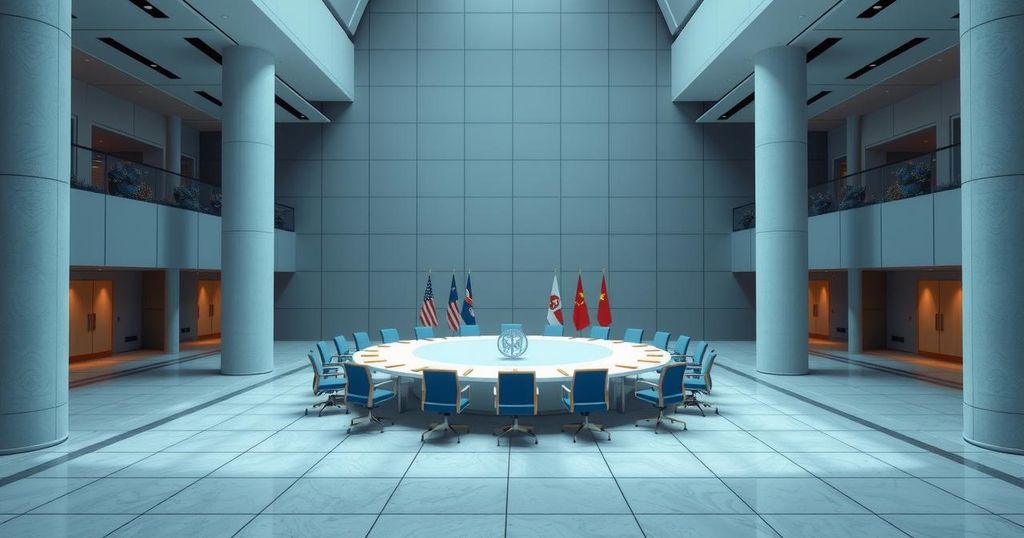The study reveals complex Indian opinions on the Russia-Ukraine war, with 27% supporting Russia’s actions and 34% deeming them unjustified. Educational background and media exposure significantly influence perspectives. Respondents from smaller cities are largely critical of Russia, while urban demographics showcase diverse opinions. Higher awareness correlates with education, stressing the need for more informed public discourse on global affairs.
The ongoing Russia-Ukraine war profoundly influences global geopolitics, and as it progresses into its fourth year, understanding the Indian public’s sentiment towards Russia is crucial. A recent study indicates a complex landscape: 27% of respondents perceive Russia’s actions as necessary, while 34% find them unjustified. Remarkably, 23% of individuals expressed unfamiliarity with the issue, indicating a notable knowledge gap in international affairs among the Indian populace. Additionally, 16% of respondents opted not to provide an opinion, reflecting the diversity of perspectives regarding Russia’s conduct in Ukraine.
The role of education in shaping public opinion on this conflict is significant. Among those with little or no formal education, 42% were unaware of the war, with only 19% believing Russia’s actions were unjustified. In contrast, individuals possessing intermediate or undergraduate education displayed varied viewpoints: 27% deemed Russia’s actions necessary, while 24% viewed them as unjustified. Conversely, college-educated respondents largely criticized Russia, with 41% opposing its actions and only 16% unaware of the situation. These results underline a correlation between higher education and enhanced awareness of global issues.
Moreover, the influence of exposure to Western media is noteworthy in shaping opinions on the Russia-Ukraine conflict. Among respondents lacking exposure to Western entertainment, 37% were unaware of the conflict, and 27% refrained from expressing an opinion. Comparatively, those with moderate exposure tended to criticize Russia more, with 44% deeming its actions unjustified. Respondents with high exposure were evenly split, with 39% viewing Russia’s actions as necessary and 37% as unjustified. This suggests that familiarity with Western narratives may significantly affect public perspectives on the war.
The study also examined how opinions varied based on city size. Notably, respondents from smaller cities were the most critical, with 41% considering Russia’s actions unjustified. In mid-sized cities, 31% viewed the actions as unjustifiable, while 26% supported them. Urban areas revealed a more polarized discourse, as big cities showed 31% support for Russia’s actions and an equal 32% against it. The differing perceptions across city types highlight the impact of socio-economic and cultural dynamics on public opinion regarding international conflicts.
Overall, these findings demonstrate the intricacies of Indian perspectives on the Russia-Ukraine conflict, revealing that socio-economic and cultural dimensions significantly shape public opinion. The study emphasizes the need for enhanced education and awareness to foster a more informed discourse on global affairs.
In conclusion, the Indian public’s opinion on the Russia-Ukraine war is marked by considerable complexity and variance, rooted in educational levels, media exposure, and urban demographic factors. The study highlights the necessity for improved education and awareness to address the knowledge gaps present among the population. Understanding these diverse perceptions is vital for comprehending India’s geopolitical stance and its implications on the international stage.
Original Source: www.thehindu.com




